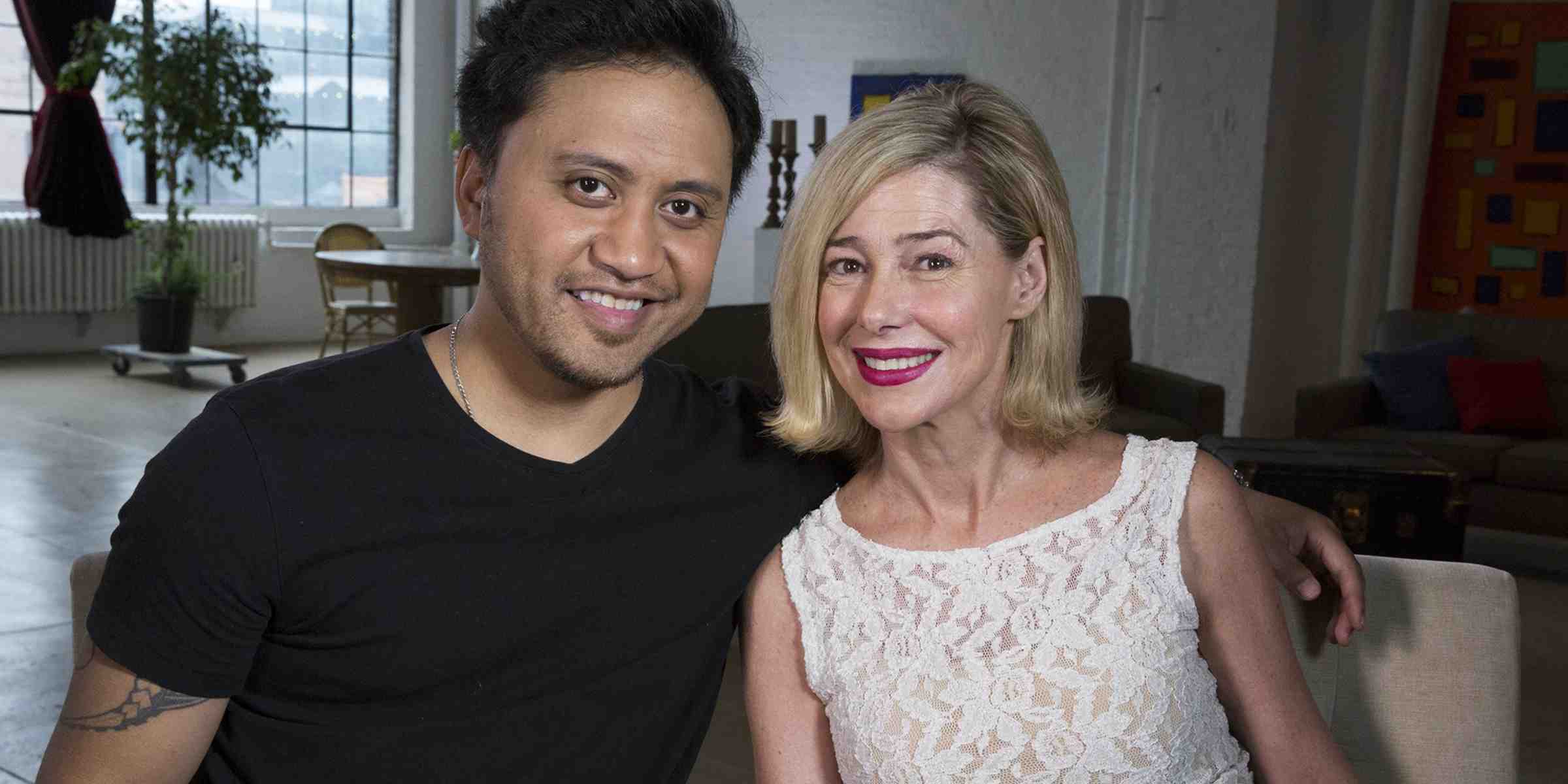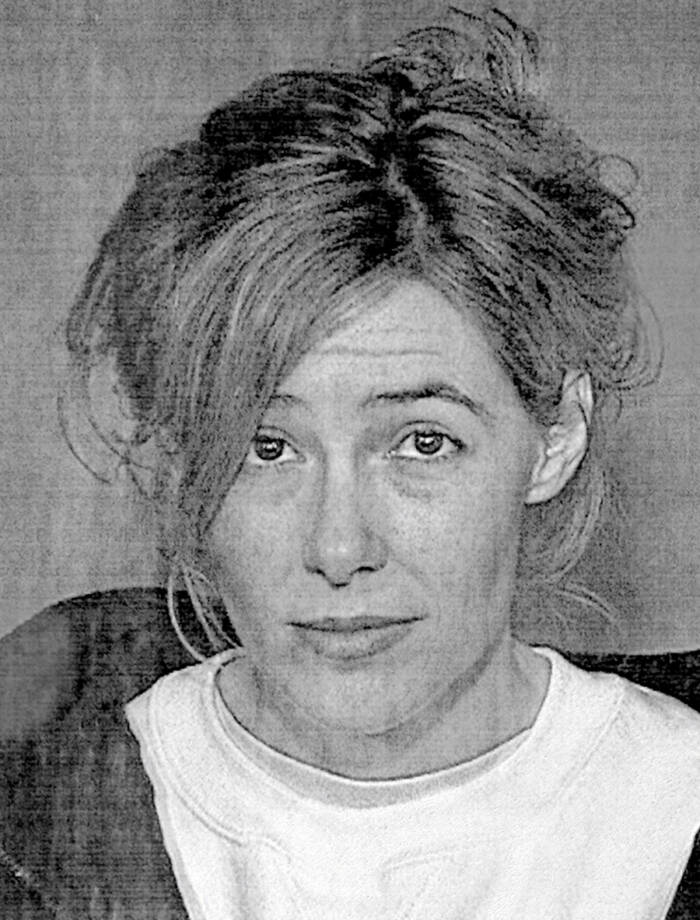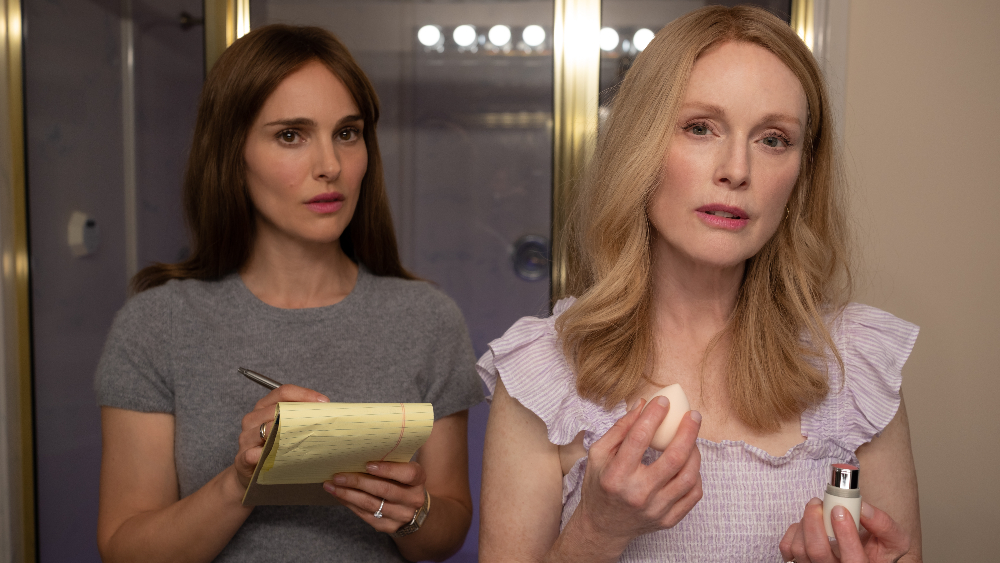‘May December’ revolves around the story of actress Elizabeth, who finds herself immersed in a film centered on a pair that once dominated headlines. The spotlight shone on Gracie, a woman in her 30s, and Joe Yoo, a boy she met when he was merely in seventh grade. The controversial aspect of their story stems from their problematic beginning, as Gracie went on to build a life with Joe, having three children, with the firstborn when he was only 13-years-old. As Elizabeth comes close to the couple’s life to study them for her character, she sees glimpses of the abuse and sexual grooming that built the foundation of the very relationship.
Directed by Todd Haynes, the film thoroughly examines the complex family dynamics as Joe and Gracie’s children graduate from high school. The storyline progresses as Joe confronts the possibility that what transpired between him and Gracie might have been ethically questionable. Given the scandalous nature of the plot, it prompts the question of whether any real events inspired this narrative, so let us explore that.
May December is the True Story of Mary Kay Letourneau
While the director and scriptwriters, Samy Burch and Alex Mechanik, have consistently denied that ‘May December’ is inspired by a true story, according to some accounts, during a New York Film Festival Screening, Sam Burch mentioned that the film drew inspiration from the real-life story of Mary Kay Letourneau and Vili Fualaau. Burch said, “I really wanted a fictional story that dealt with this tabloid culture of the ’90s that has kind of seemingly led into this true-crime biopic world we’re in now, and kind of question that transition and why we want to keep recreating these stories.” The director, Haynes, even admitted that the distinctive lisp portrayed by Gracie in the film was borrowed from Letourneau.

Mary Kay Letourneau, known as Mary Kay Schmitz before marriage, was the daughter of an extremist politician, John Schmitz. The family faced challenging times when her father had children with another woman, who happened to be his student. Despite the turmoil, Letourneau remained devoted to her father. During her time at Arizona State University, she crossed paths with her future husband, Steve Letourneau, and the two tied the knot. Together, they built a life, raised four children, and established a home in Normandy Park, a suburb of Seattle. Letourneau then pursued a career in teaching at the local high school.
Letourneau met Vili Fualaau when he was in the second grade for the first time and encouraged his artistic inclinations until he was in her sixth grade class in 1995. Letourneau was not having a great year herself, facing troubles in her marriage, having a miscarriage, and finding out her father was terminally ill. In the summer of 1996, she started “sleeping” with Fualaau when he was just 12-years-old. In a later interview, Fualaau said that it was he who initiated the relationship and the two of them did not ever think it was a legal violation and were only worried about the reaction of their families.
In February 1997, Letourneau’s husband discovered letters exchanged between her and Vili Fualaau. Confronting Fualaau as the other man involved in an affair with his wife, Letourneau, at this point, was six months pregnant. A relative of Steve informed the school authorities, leading to Letourneau’s arrest in March 1997. Despite the legal complications, she gave birth to her first child with Fualaau in May 1997. Three months later, she confessed to two counts of child rape and was given a seven and a half years sentence.

After six months in prison, Letourneau was released on the condition that she agreed not to see Fualaau, register herself in a sex offender rehabilitation program, and consistently take her prescribed bipolar medications. Unfortunately, she failed to adhere to any of these stipulations and even resumed contact with Fualaau. Consequently, in February 1998, just a month after her release, her original sentence was reinstated. During her time behind bars, she gave birth to her second daughter with Fualaau. Letourneau was ultimately released from prison in 2004.
Letourneau and Fualaau jointly petitioned the court to lift their court-mandated no-contact order. As part of the agreement, she agreed to remain registered on the sex offender list in Washington State. At the time of the petition, Letourneau was 42-years-old, and Fualaau was 20. The court granted their appeal, allowing them to marry in 2005. They went on to raise their daughters together. Letourneau re-established contact with all of her children, even those from her previous marriage. Despite filing for separation in 2017, they lived together and their divorce was finalized only in 2019. In July 2020, Letourneau passed away at the age of 58 after battling cancer.
The film deviates significantly from the original story, altering details such as the number of children the couple had, the circumstances of their meeting, and how their relationship was exposed. Despite these changes, the overarching narrative remains consistent. Charles Melton delivers an exceptional performance in portraying the character of Joe Yoo and the film skillfully presents a “did it look like this” scenario, providing a portrayal that does not waver in taking a clear stance and is unafraid to depict the relationship as it likely unfolded.
Read More: Is Joe Yoo a Real Person? Where is Vili Fualaau Now?


You must be logged in to post a comment.